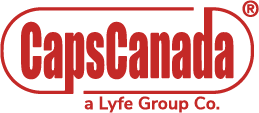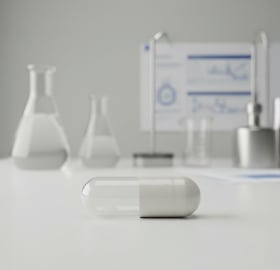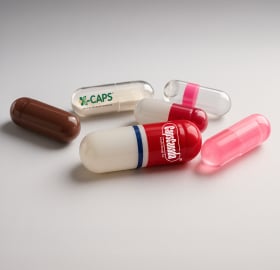Certifications and compliance standards demonstrate a manufacturer’s commitment to safety, quality, traceability, and global market access for empty capsules. These relate to raw material sourcing, production practices, and handling of gelatin or plant-based HPMC shells which are classified as food ingredients by the U.S. FDA.
1. Food-Grade Manufacturing Practices
Empty capsules for U.S. dietary supplements follow FDA 21 CFR Part 117 requirements, emphasizing sanitation, contamination prevention, facility controls, and environmental hygiene. Manufacturers implement risk-based preventive controls, monitoring, and verification of critical steps, with full traceability of raw materials and batches to ensure product safety.
2. FDA GRAS and Food/Color Additive Compliance
Raw materials like bovine-derived gelatin and HPMC hold Generally Recognized as Safe (GRAS) status from the FDA. Any food or color additives in capsule shells comply with relevant 21 CFR parts (e.g., Parts 73/74 for colors), confirming safety for human consumption.
3. Halal and Kosher Certifications
Halal certification confirms raw materials and processes comply with Islamic dietary laws, prohibiting porcine derivatives and alcohol. Kosher certification verifies use of kosher-approved ingredients, strict segregation, and rabbinical supervision to prevent cross-contamination. Dual certification supports diverse global markets.
4. Non-GMO Verification
Non-GMO verification confirms that none of the capsule ingredients are sourced from genetically modified organisms, fulfilling the expectations of key nutraceutical markets.
5. BSE- and Prion-Free Compliance
Certification of BSE- and prion-free status for bovine gelatin confirms compliance with stringent safety standards addressing both the origin of animal tissues and processing methods to mitigate infectious risks.
For U.S. import of capsules made with bovine gelatin, a USDA VS import permit is generally not required for products derived solely from low-risk bovine hides or skins. Instead, a veterinary export certificate from the exporting country's authorized officer is required, verifying no comingling with ineligible materials.
6. Vegan Society Certification
Vegan Society certification for HPMC capsules ensures no animal-derived ingredients, no animal testing, and strict manufacturing controls to prevent cross-contamination. The Vegan Trademark signifies globally recognized ethical vegan production.
7. Fair Trade Certification (EU)
Fair Trade certification validates ethical sourcing, fair labor practices, and environmental stewardship across the raw material supply chain.
CapsCanada: A Certified Partner You Can Rely On
CapsCanada prioritizes safety by sourcing bovine gelatin exclusively from low-risk bovine hides and skins. All CapsCanada capsules are manufactured under rigorous quality and safety standards, ensuring dependable supply for nutraceutical markets:
- Produced in facilities following GMPs, fully aligned with FDA 21 CFR Part 117.
- Made with raw materials that are FDA compliant and subject to supplier qualification and traceability procedures.
- Certified Halal and Kosher, confirming ingredient purity and compliance with religious dietary regulations.
- Non-GMO verified reflecting a commitment to ingredient transparency.
- Registered with Vegan Society for plant-based HPMC Capsules (K-Caps®)
- Fair Trade (EU) certified.
These certifications and standards guarantee the safety, integrity, and transparency of CapsCanada capsules throughout the supply chain, from raw material sourcing to world-wide distribution.
Ready to Discuss Your Next Project?
Certifications serve as the foundation of trust and compliance in today’s nutraceutical industry. They confirm that a product is safe, traceable, meets regulatory and ethical requirements, and ready to withstand the highest level of regulatory and consumer scrutiny.
If you want to ensure your formulations uphold the same global standards, contact a CapsCanada expert to discuss your next project.














